Forgiveness is not “Putting up with”
Real forgiveness doesn’t minimize evil. Forgiveness may seem to ignore wrongdoing: “Just forgive and don’t make such a big deal out of it.” Entreaties to forgiveness sometimes downplay or ignore the sins of the perpetrator. Forgiveness means we have let go of the wrong or accept the wrong done to us. It does not mean the wrong was “ok.”
There is a time and place to say, “Oh, it was nothing” or, “It’s fine,” but that is something different than forgiveness. The fact that forgiveness declares that wrong was done distinguishes forgiveness from broader Christian virtues like forbearance, patience, and endurance. For example, Paul urges us to bear with each other and, if we have a complaint, to forgive (Colossians 3:13). We forgive wrongdoing while we bear with a wide variety of things that might or might not be wrong. For example, the writer to the Hebrews asked them to bear with his long letter! (Hebrews 13:22).
When I ask someone for forgiveness, I admit that I wronged them. When they verbalize their forgiveness, they acknowledge the wrong and release it. On the other hand, if someone says, “oh, it’s nothing,” or “you’re fine”, they imply that whatever I did wasn’t actually an offense against them. If that’s true, well, we move on. But if I did in fact wrong them and they brush it off as a non-offense rather than accepting my request for forgiveness, this denies helpful processing and closure.
The literal meaning of “forgiveness” in relation to debt is instructive. If you owe me $10,000 dollars and I forgive that debt, I am both recognizing your obligation to repay and releasing that obligation. If you didn’t actually owe the $10,000, then I would not be forgiving you. Nor does forgiveness mean there was no damage from the wrong. If you do not repay me, I suffer a harm from the lack of money. (Just how much harm depends on context; it might mean skipping a vacation, lacking transportation to get to work, losing my house, or just eating a little less meat and a few more beans.) The point is, in forgiving, I accept the pain caused by another’s failure to perform what they owe me and release my claims.
In forgiveness of sins and wrongs there is a similar acceptance of the damage done by another’s malfeasance. Consider God’s forgiveness of us. We have redemption through Jesus’ blood, the forgiveness of sins. The resolution of our sins means God accepting the damage we have done. In one way or another, forgiveness was costly to God Himself.
God can bear the cost of forgiving us out of His own abundance. His character and resources are not limited. We are limited. Returning to the case of a literal debt, our ability to forgive without bankrupting ourselves depends on our wealth. The more abundant our finances, the better we can absorb the damage of a $10,000 debt not being repaid. When we operate out of God’s life and strength, we too can forgive those who wrong us from a position of abundance. When we are called to forgive a literal debt, we can do so because we know God can provide our actual needs in surprising ways. Similarly, we can forgive sins against us because God takes care of us in spirit and soul, as well as in body.
Forgiveness, confrontation, repentance, reconciliation
Jesus said, “If your brother sins, rebuke him, and if he repents, forgive him” (Luke 17:3). Does this mean forgiveness is conditional? Does it mean we don’t have to forgive unrepentant wrongdoers? Certainly, Jesus does ask us to love our enemies and not to hold things against them. But let’s think more about forgiveness as conditional upon repentance; what does this teach us? Forgiveness in its fullest sense is about restoration and reconciliation. After wrongdoing, reconciliation and restoration in the fullest sense require both “repentance” and forgiveness. Repentance includes admitting that one is in the wrong and needs forgiveness. Jesus tells us to accept even short-lived repentance. “Even if they sin against you seven times in a day and seven times come back to you saying ‘I repent,’ you must forgive them.” (Luke 17:4)
Suppose someone steals from me. Should I ignore the theft? Should I just install better locks? Or do I need to confront the thief, if I know who it is? I might be tempted to strengthen the locks and quietly forgive them without confronting them. This would be one-sided forgiveness without relationship restored. This is not Jesus’s goal. If I can confront the thief and they repent, that would be the ideal. Where wrongs are involved, both parties are called to bring the situation to light. Drop things and go be reconciled if your brother has something against you, Jesus tells the offender. “Go confront the one sinning, he tells those sinned against.” (Compare Matthew 5:23-24 and Matthew 18:15).
We often want to hold our complaints and quietly (or not so quietly) fuss, or to hold our grudges and simply avoid the relationship. Jesus doesn’t give us this right. We can confront. Sometimes we have the duty to confront. Other times we can simply bear with and let it go. But in God’s economy, we don’t have a right to sit and nurse a grudge.
Full reconciliation is not always available. The offender may be unrepentant. He may be unwilling to do the work that could restore the relationship to its former closeness. In many abuse situations, even if the offender is repentant, the danger associated with a relapse may be such that prudence means precautions must be taken to protect victims or likely victims. Jesus calls us to do what we can toward peace and relationship, even when that means confrontation.
Don’t be an “I forgive you” bully
The most significant apology I ever received was completely unexpected. It was a complicated situation where I had confronted what I perceived as wrongdoing, and received significant backlash for that. As time went on, I saw more clearly my own wrongdoing in the exchange. I repented of that and sought reconciliation as best I could, and the relationship was at a very good place. While I believed that the other party should recognize their wrong and apologize for it, I had released it and come to terms with the idea of not getting that apology. So, when it came, it was a surprise but deeply meaningful. By explicitly extending my forgiveness, full healing was possible.
I had never told this person that I forgave them for the offense until they apologized. I also never apologized for everything that they had been upset about. I had only tried my best to repent of what I believed was wrong and apologize for that while quietly forgiving and releasing what I believed to be their offense. Eventually they recognized something amiss and apologized. In my mind, saying “I forgive you” too soon would have been a passive aggressive way of pushing my point, and asserting that I was wronged when the other party did not acknowledge that. If I really felt I needed them to acknowledge that, I should have said so directly, not done it in a backhanded manner by announcing my forgiveness.
Saying, “I forgive you,” when the other does not acknowledge wrong can be a tempting way to claim the high ground in a conflict. If it is not a situation we should simply bear with, then Jesus calls us to first approach someone about their wrong and then to get others involved if necessary. Where these processes don’t lead to resolution, we must maintain an open heart that perhaps we are in the wrong, or perhaps our conflict partner has not wronged us in the way we think they have. This can be a tough position to be in.
Consider an example: imagine a young child telling his parent, “I forgive you for not allowing me to go to that party.” Suppose the parent kept the child home because they knew bad things would be going on at that party. The child doesn’t need to forgive his parents some wrong. He needs to admit that his parents were within their rights to keep them home. Sometimes the solution to conflict is to humble ourselves and admit the other party has a good point.
It is true that Jesus and Stephen both asked God to forgive those who were having them killed. Presumably, those offenders heard their words of forgiveness. They may have thought they had good grounds for execution, but their sin was clear. We too may face situations where the sin against us is clear and we should both name it as sin and assure the offender of our forgiveness, but that should not be our default approach to disagreements.
Living from the gospel
There are deep commonalities between forgiveness and forbearance. Both involve releasing resentment. Both mean giving up self-worship and accommodating other people. Both are patterned after the life of Christ.
Forgiving one another, as God in Christ forgave you. (Ephesians 4:32)
We who are strong have an obligation to bear with the failings of the weak, and not to please ourselves…for Christ did not please himself… (Romans 15:1-3)
And forgiveness and forbearance flow from the life of Christ in the believer.
12 Put on then, as God’s chosen ones, holy and beloved, compassionate hearts, kindness, humility, meekness, and patience, 13 bearing with one another and, if one has a complaint against another, forgiving each other; as the Lord has forgiven you, so you also must forgive. (Colossians 3:12-13
God has acted to forgive us. He has accommodated Himself to our limitations. He has made reconciliation and even friendship available if we are but willing to repent. God has the life that triumphs over death and that can resolve all the damage that we have done. We can do likewise, not because we are sufficient to resolve sins against us, but because God is, and He has invited us into His life, through sharing the death and resurrection of Jesus and the presence of His Spirit.
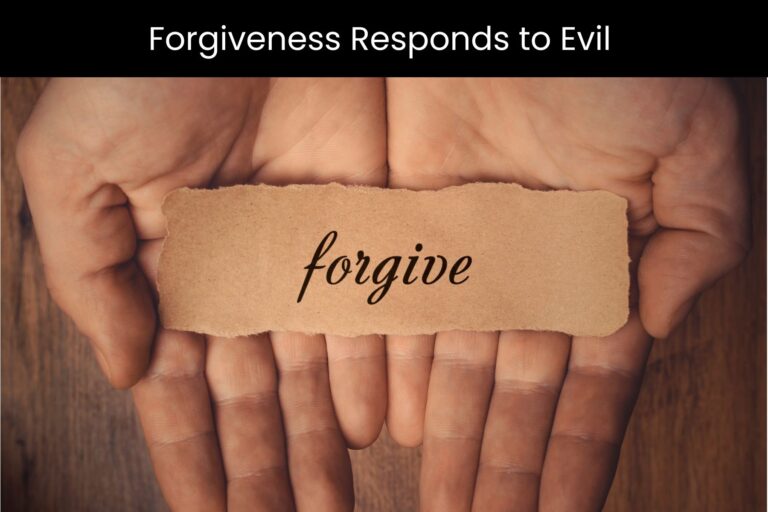

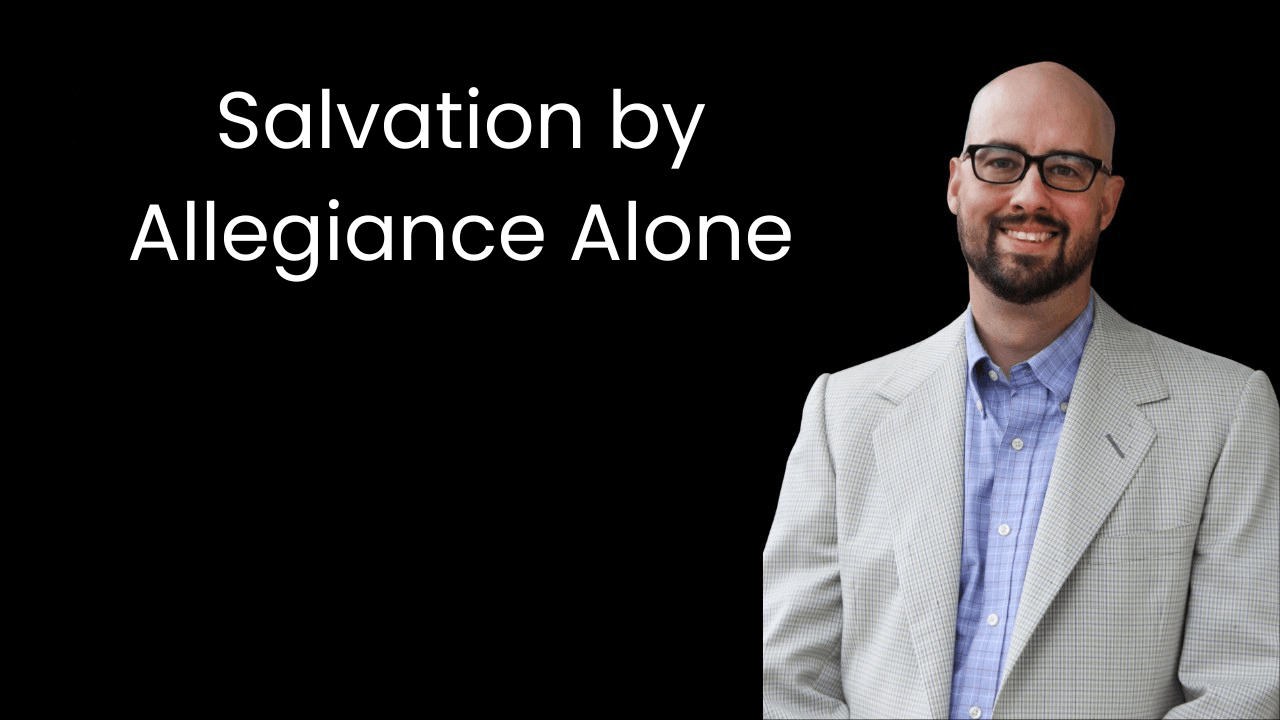
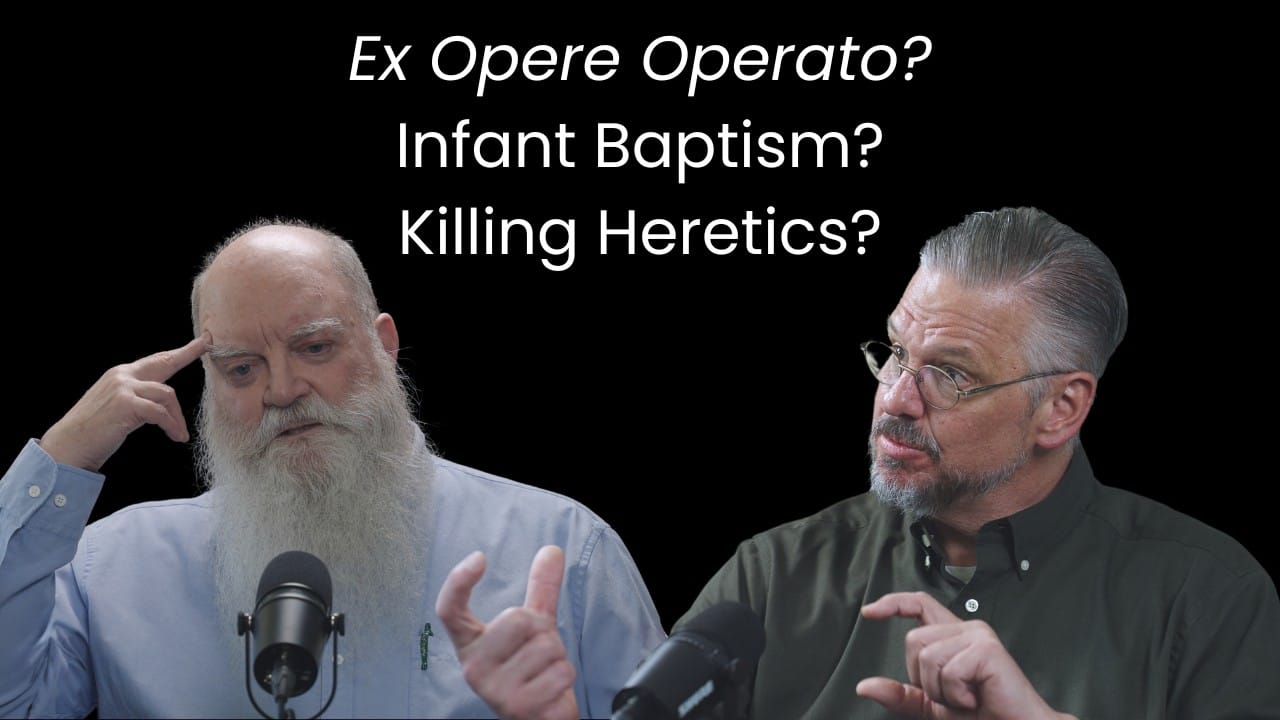

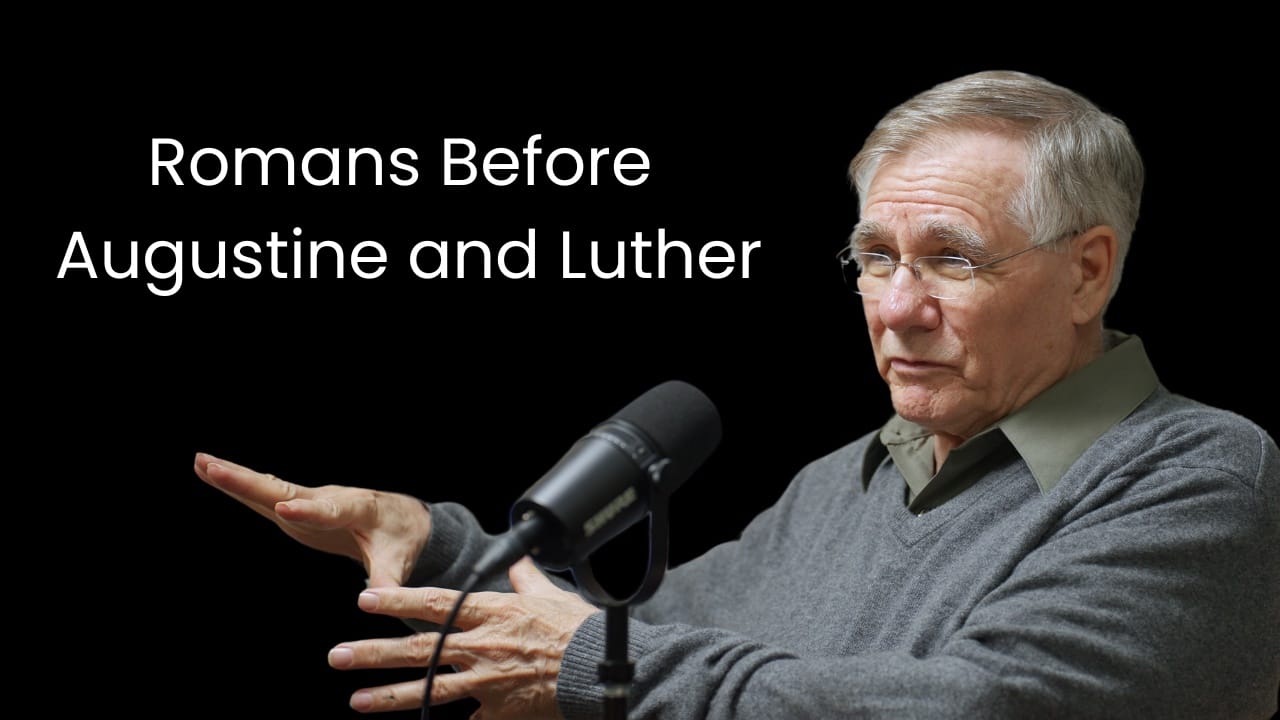
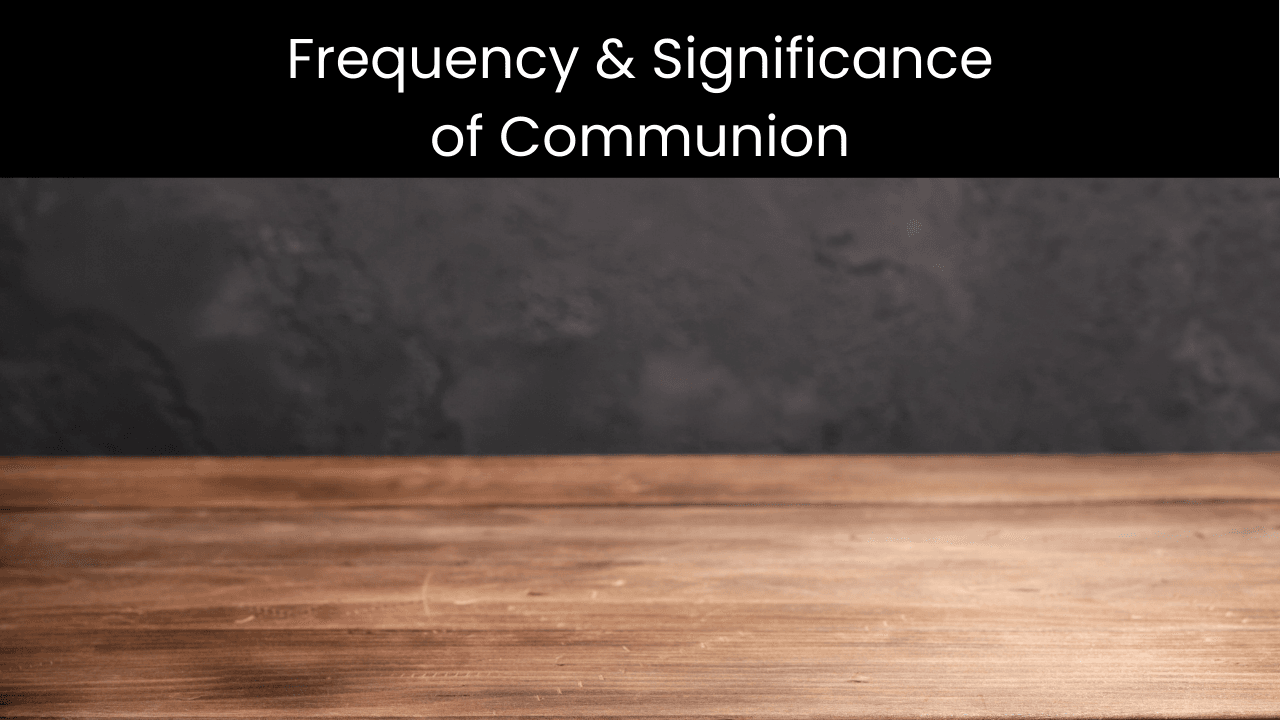

Leave a Reply